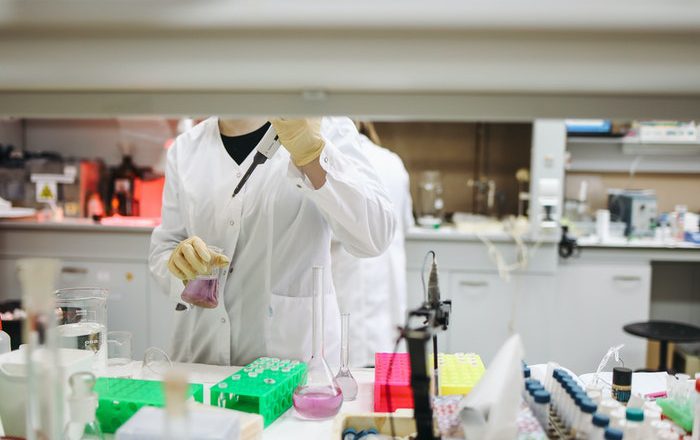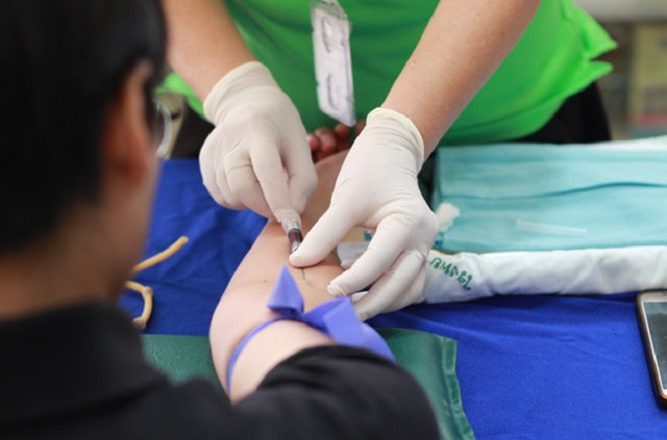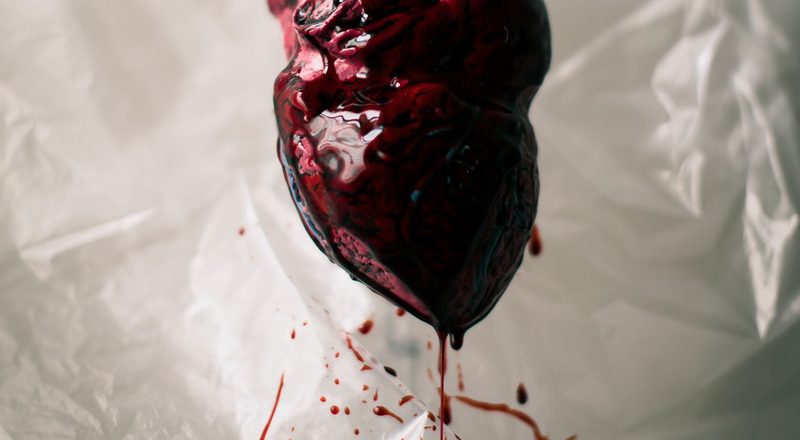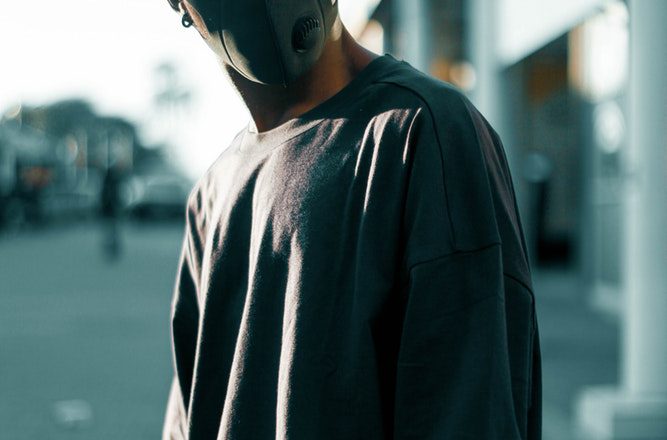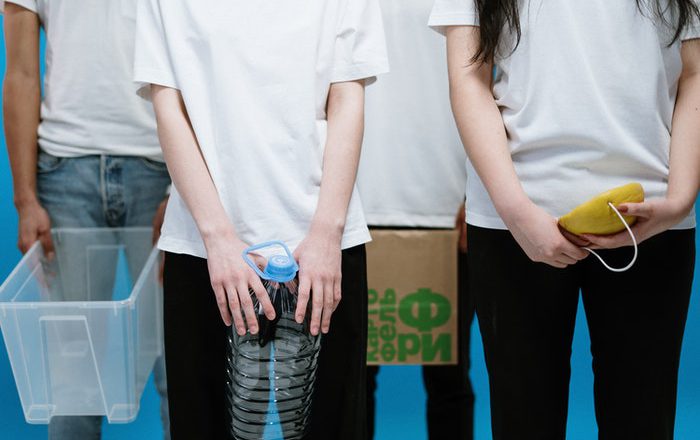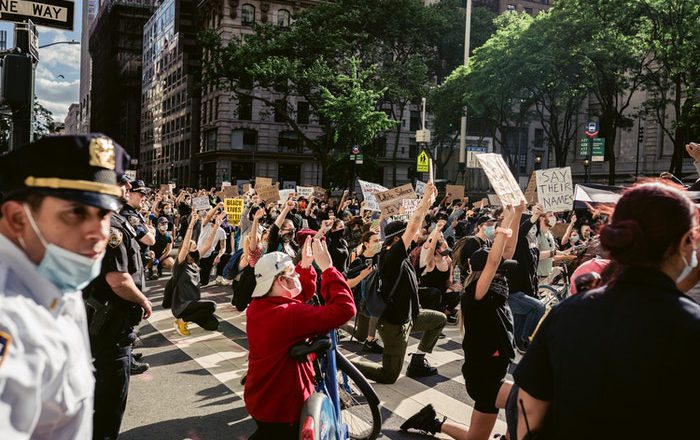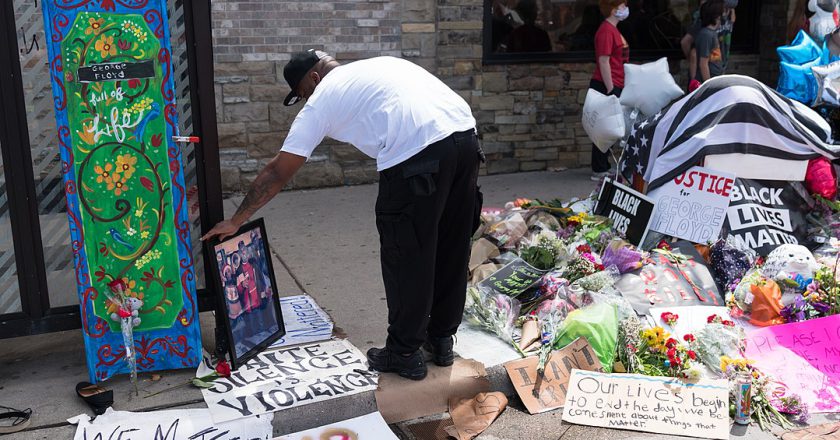Random testing in Indiana shows COVID-19 is 6 times deadlier than flu, and 2.8% of the state has been infected
Since day one of the coronavirus pandemic, the U.S. has not had enough tests. Faced with this shortage, medical professionals used what tests they had on people with the worst symptoms or whose occupations put them at high risk for infection. People who were less sick or asymptomatic did not get tested. Because of this, many infected people in the U.S. have not been tested, and much of the information public health officials have about the spread and deadliness of the virus does not provide a complete picture.
Short of testing every person in the U.S., the best way to get accurate data on who and how many people have been infected with the coronavirus is to test randomly.
I am a professor of health policy and management at Indiana University, and random testing is exactly what we did in ...
